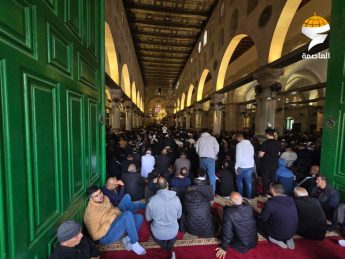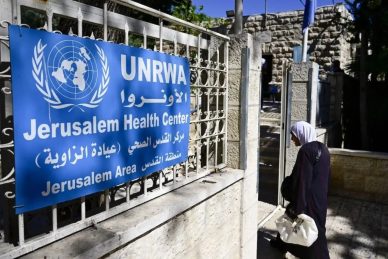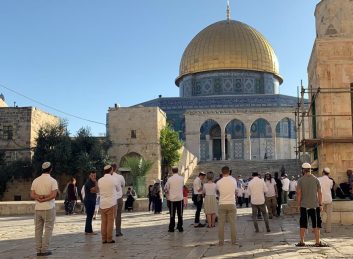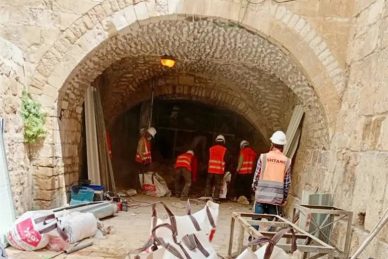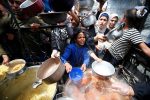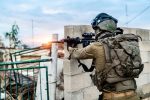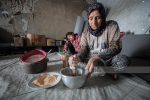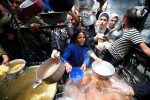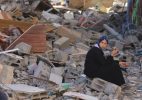Overseeing the southern corner of holy al-Aqsa Mosque—Muslims’ 3rd holiest site—the Islamic Museum stands as a repository of a historical legacy that has survived for hundreds of years in Occupied Jerusalem.
“The museum was established by the Supreme Muslim Council in 1923. It is a repository of artifacts that reflects the prolific nature of Jerusalem’s archaeological legacy” director of the Islamic Museum Arafat Amr told PIC.
On display are exhibits from different epochs of Islamic history encompassing several Muslim regions.

The Islamic Museum displays large copper soup kettles used in the Haseki Sultan Imaret a soup kitchen built through a donation by Hürrem Sultan the wife of Suleiman the Magnificent dating back to the 16th century as well as stained glass windows wooden panels ceramic tiles and iron doors from the reign of Suleiman the Magnificent.
Also on display are a cannon used to announce the breaking of fast during Ramadan a large collection of weapons a large wax tree trunk and the charred remains of Salah al-Din minbar destroyed in an arson attack by an Israeli settler in 1969. The museum puts on display 266 copies of the Holy Quran including one written in Kufic script dating back to the fourth century AH.
“Hundreds of tourists flock to the museum on a quasi-daily basis” visitor Omar Assaf from Tulkarem said. “The on-display artifacts are part of a valuable legacy that has long exerted a pull on researchers and scholars.”

British-Pakistani tourist Mohamed Dafer also said: “The on-display relics mirror the violations perpetrated against holy al-Aqsa Mosque from its gigantic entrance gates and the remnants of Salah al-Din minbar. It is also a reflection of Islamic civilization.”
The museum’s director said Israel has often prevented experts and maintenance workers from carrying out repairs at the site and entering maintenance stuff.

The Islamic museum is open from 08:00 to 12:30 daily. It is exceptionally closed during Israeli break-ins at al-Aqsa or during clashes with worshipers.


